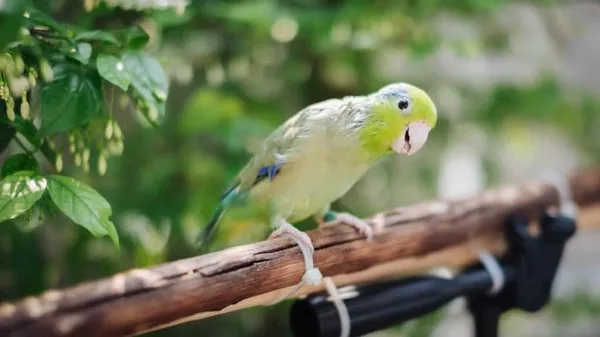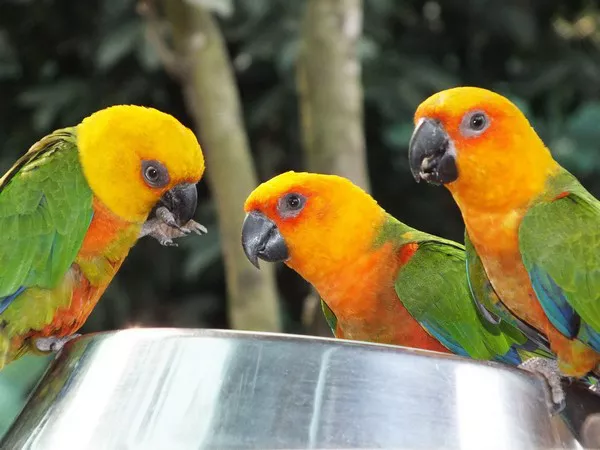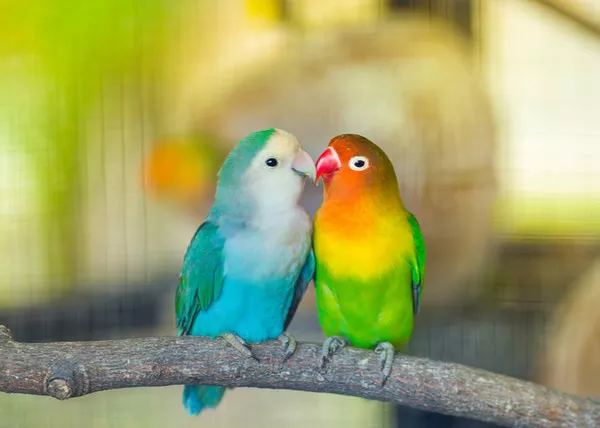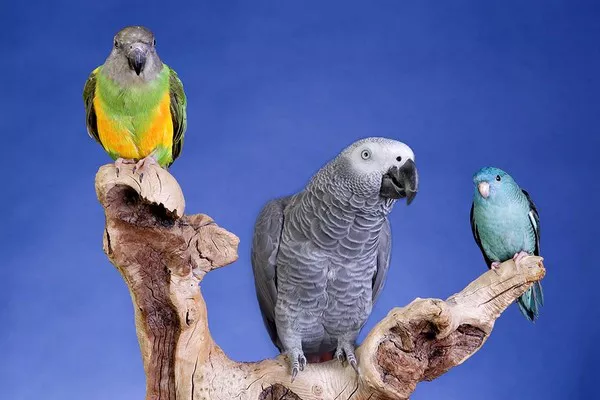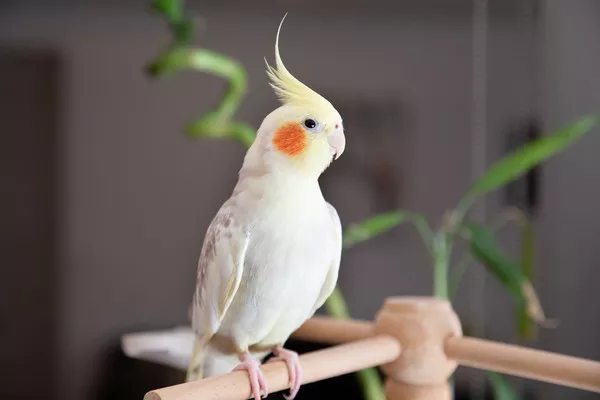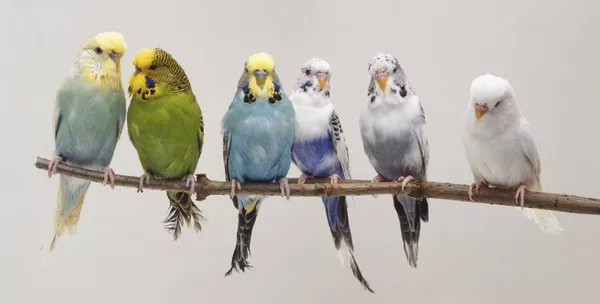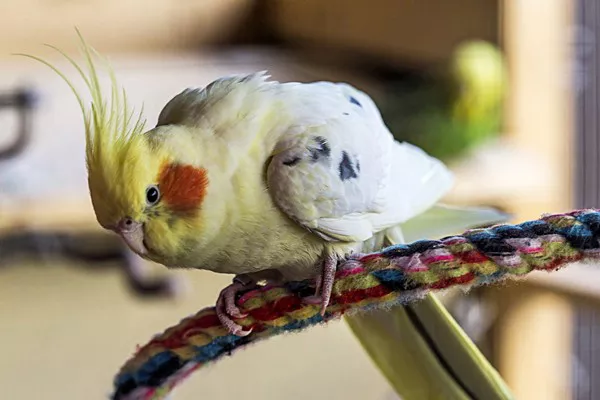African Grey parrots are known for their intelligence, sociability, and captivating personalities. To ensure the overall well-being and longevity of these magnificent birds, providing them with a balanced and appropriate diet is essential. In this comprehensive article, we explore the best food choices for African Grey parrots, discussing various factors such as nutritional requirements, food variety, and potential dietary pitfalls.
Understanding the Nutritional Needs of African Grey Parrots:
African Grey parrots have specific dietary requirements that must be met to maintain their health and vitality. These birds require a diet that is rich in essential nutrients, including proteins, carbohydrates, healthy fats, vitamins, and minerals. Their diet should closely resemble their natural food sources found in the wild.
- High-Quality Pellets:
Pellets form the foundation of an African Grey parrot‘s diet. Look for pellets specifically formulated for African Greys, as they contain a balanced blend of essential nutrients. Pellets provide a consistent and convenient source of nutrition, ensuring that your parrot receives the necessary vitamins, minerals, and proteins.
- Fresh Fruits and Vegetables:
Incorporating fresh fruits and vegetables into your African Grey’s diet is crucial for providing variety and additional nutrients. Offer a colorful array of fruits such as apples, grapes, oranges, and berries. Vegetables like broccoli, carrots, spinach, and sweet potatoes are also excellent choices. Remember to wash them thoroughly and remove any seeds or pits that could be harmful.
- Whole Grains and Legumes:
Introducing whole grains and legumes adds fiber, energy, and diverse nutrients to your parrot’s diet. Consider offering cooked brown rice, quinoa, whole wheat pasta, lentils, and beans. These foods provide essential carbohydrates and additional protein sources for your African Grey parrot.
- Limited Nuts and Seeds:
Nuts and seeds should be given in moderation due to their high fat content. While they are a valuable source of healthy fats and protein, overconsumption can lead to obesity and nutritional imbalances. Offer small portions of unsalted almonds, walnuts, sunflower seeds, and pumpkin seeds as occasional treats or for foraging activities.
- Calcium and Vitamin D:
African Grey parrots require adequate calcium and vitamin D for strong bones and overall health. Include calcium-rich foods such as leafy greens (kale, collard greens), calcium-enriched pellets, and cuttlebones in your parrot’s diet. Access to natural sunlight or full-spectrum UV lighting is also essential for vitamin D synthesis.
- Water and Hydration:
Fresh, clean water should be available to your African Grey parrot at all times. Ensure the water dish is changed regularly to maintain freshness. Some parrots may enjoy bathing in a shallow dish of water, which not only promotes hygiene but also provides mental stimulation.
Potential Dietary Pitfalls to Avoid:
While understanding the best food choices is vital, it is equally important to be aware of potential dietary pitfalls for African Grey parrots. Avoid the following:
- Toxic Foods:
Certain foods are toxic to birds and should never be fed to African Grey parrots. These include chocolate, avocado, caffeine, alcohol, onion, garlic, and high-salt or high-sugar foods. Additionally, seeds from fruit such as apple or cherry should be removed as they contain harmful cyanide compounds.
- Processed and Junk Foods:
Avoid feeding your African Grey parrot processed, sugary, and fatty foods such as chips, cookies, and processed meats. These foods offer little to no nutritional value and can lead to health issues such as obesity and digestive problems.
- Feeding Exclusively Seeds:
African Grey parrots should not be fed an exclusive seed diet as it lacks essential nutrients and can lead to malnutrition. While seeds can be offered in moderation, they should be part of a varied and balanced diet that includes pellets, fresh fruits, and vegetables.
- Excessive Feeding of High-Fat Foods:
Although healthy fats are important, excessive consumption of high-fat foods like nuts and seeds can lead to weight gain and nutritional imbalances. Ensure that fatty foods are given in appropriate portions and as occasional treats.
Conclusion:
Providing the best diet for your African Grey parrot is crucial for their overall health, vitality, and well-being. A combination of high-quality pellets, fresh fruits, vegetables, whole grains, legumes, and limited nuts and seeds forms the foundation of a well-balanced diet. Remember to provide a variety of foods, ensure proper hydration, and avoid toxic and nutritionally deficient options. By offering a diverse and nutritious diet, you are promoting the longevity and happiness of your African Grey parrot, enabling them to thrive in their captive environment.
Recommended reading:


